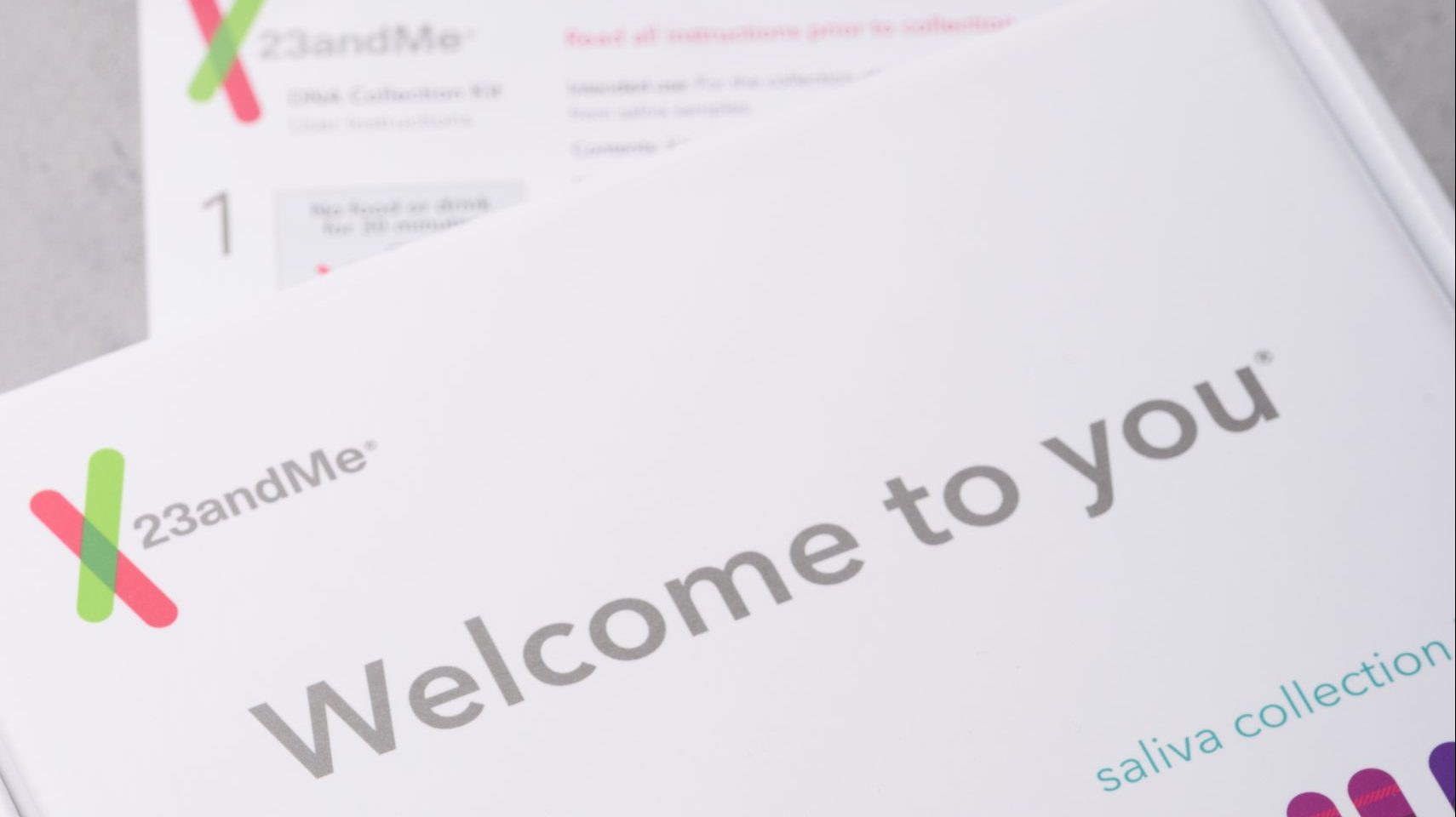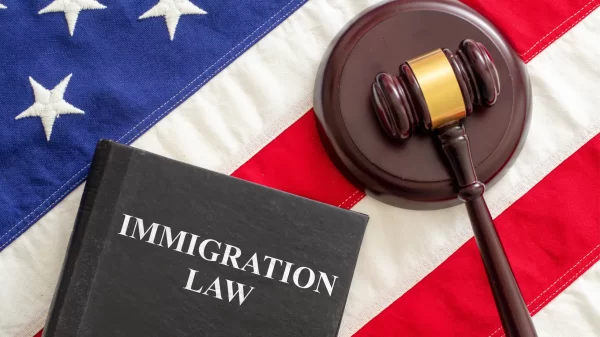|
Getting your Trinity Audio player ready...
|
State Rep. Chip Brown, R – Hollinger’s Island, has pre-filed legislation he says is designed to protect the personal data of consumers who provide DNA samples to companies in return for information on their ancestry, ethnicity, family health genetics, and other areas.
“As technology regarding DNA becomes more advanced and widespread, it is important to ensure that the privacy of individuals providing samples is both protected and secure,” Brown said. “Under the provisions of this bill, consumers would be notified beforehand how their DNA information will be collected, retained, transferred, disclosed, and deleted, and it imposes civil penalties on companies for each violation of the law.”
The “Alabama Genetic Data Privacy Act” would restrict how genetic testing companies and contractors that provide them with services can retain and disclose the biological samples and derived genetic information submitted by consumers.
The legislation would require a genetic testing company to do the following with a consumer’s genetic sample or data:
- Obtain the consumer’s express consent to use the sample and data to fulfill the consumer’s order and store the sample and data; and obtain the consumer’s express acknowledgment that the sample and data may be handled by other entities, including any third party contractor, and that the consumer may be asked in the future to disclose or transfer the consumer’s sample or data to a third party.
- Obtain the consumer’s express consent on every occasion the desired use of the consumer’s sample or data is for a purpose other than a product order, either by the company, or by transfer of the sample or data to a third party, including sharing the consumer’s name with a third party for marketing purposes.
- Obtain medical informed consent from the consumer each time the use of the sample or data is retained or transferred for research.
- Honor a consumer request to access the consumer’s data, delete account information, destroy the sample and data, or revoke any previous consent given concerning the use or transfer of the sample or data.
- Prohibit disclosure of consumer data to a governmental agency without express consumer consent in the absence of a search warrant, subpoena, or court order.
- Prohibit disclosure of consumer data to insurers and employers.
A contractor of a genetic testing company would be required to observe the same privacy requirements, but healthcare institutions or other entities under HIPAA or institutions of higher education would be exempt from the provisions.
The Consumer Division of the Attorney General’s Office would be authorized to enforce a violation of the act in circuit court by injunction of imposition of a civil penalty of up to $3,000.
If approved during the 2024 regular legislative session, which is scheduled to convene in early February, the law would go into effect on Oct. 1, 2024.





















































